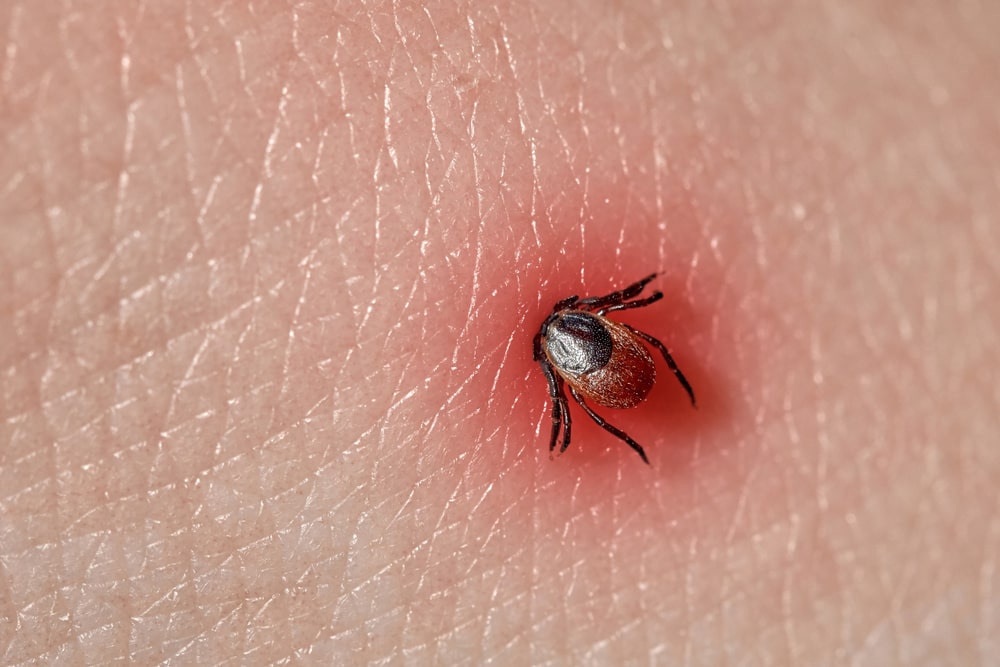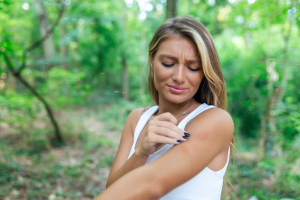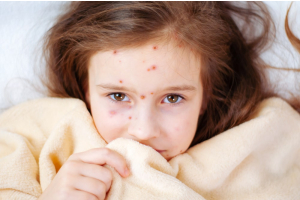Understanding the Risks of Ignoring an Infected Insect Bite

Insect bites are a common occurrence, especially during warmer months when outdoor activities are more frequent. While most insect bites are harmless and cause only minor irritation, some can lead to infections that, if ignored, can have serious consequences. Understanding the risks associated with ignoring an infected insect bite is important for maintaining your health and preventing complications.
What Happens When an Insect Bite Gets Infected?
An infected insect bite occurs when bacteria enter the skin through the bite wound. This can happen at the time of the bite or later if the bite is scratched or not kept clean. Signs of infection include redness, swelling, warmth, pus and increased pain around the bite area. You might also experience fever or swollen lymph nodes in severe cases.
Risks of Ignoring an Infected Insect Bite
Ignoring an infected insect bite might seem harmless, but it can lead to serious consequences. Here are some risks associated with ignoring an infected insect bite:
Cellulitis: This is a common bacterial skin infection that can spread rapidly if left untreated. It can cause redness, swelling, warmth and tenderness in the affected area. In severe cases, cellulitis can spread to the bloodstream and become life-threatening.
Lymphangitis: This is an infection of the lymphatic system, which is part of your immune system. It can cause red streaks to form on the skin, extending from the bite site, accompanied by fever and chills. Lymphangitis requires immediate medical attention to prevent further complications.
Abscess Formation: An abscess is a collection of pus that forms as a result of an infection. If an infected insect bite is not treated, an abscess can develop, which may require surgical drainage.
Impetigo: This is a highly contagious skin infection that can occur when bacteria enter the skin through an insect bite. It is characterised by red sores that quickly rupture, ooze for a few days and then form a yellowish-brown crust.
Septicemia: Also known as blood poisoning, septicemia occurs when bacteria from the infected bite enter the bloodstream. This is a medical emergency that requires prompt treatment, as it can lead to sepsis, organ failure and death.
Allergic Reactions: In some cases, an insect bite can trigger an allergic reaction that can lead to anaphylaxis, a severe and potentially life-threatening reaction that requires immediate medical attention.
Prevention and Treatment
To prevent insect bites from becoming infected, follow these tips:
● Use insect repellent when spending time outdoors.
● Wear long sleeves and pants in areas where insects are prevalent.
● Avoid scratching the bite area, as this can introduce bacteria and cause infection.
● Keep the bite area clean and apply an antiseptic cream to reduce the risk of infection.
If you suspect that an insect bite has become infected, you must visit us at Morden, Streatham, Tolworth, Wandsworth, Wimbledon and Tooting to seek medical attention promptly. Treatment may include:
● Antibiotics: If the infection is bacterial, your doctor may prescribe oral or topical antibiotics to clear the infection.
● Antihistamines: These can help reduce itching and swelling associated with the bite.
● Pain Relievers: Over-the-counter pain relievers can help alleviate pain and reduce fever.
● Warm Compresses: Applying a warm compress to the affected area can help reduce swelling and promote healing.
In severe cases, hospitalisation may be necessary to provide intravenous antibiotics and monitor for complications.
When to Seek Help?
You should see a doctor if you experience any of the following symptoms:
● Increasing redness, swelling or pain around the bite area
● Red streaks extending from the bite site
● Pus or discharge from the bite
● Fever or chills
● Swollen lymph nodes
● Signs of an allergic reaction, such as difficulty breathing, swelling of the face or lips or hives
Get Immediate Relief with Pharmacy First
While most insect bites are harmless, it's important not to ignore signs of infection. Ignoring an infected insect bite can lead to serious complications that can have long-term health consequences. By taking preventive measures, promptly treating any bites that do occur and seeking medical attention when necessary, you can minimise the risks associated with infected insect bites and keep yourself healthy and safe.
Get expert advice and treatment with Pharmacy First at Pearl Chemist Group for infected insect bite treatment at Morden, Streatham, Tolworth, Wandsworth, Wimbledon and Tooting.
Our online consultation offers convenient access to healthcare professionals who can prescribe medication for a range of conditions, all from the comfort of your home. Save time, avoid waiting rooms and get the care you need quickly. Book your online consultation with Pearl Chemist Group today and experience hassle-free healthcare at your fingertips.






